In the C text a
kind of division is exhibited after 5 days.
... Nut, whom the Greeks
sometimes identified with Rhea, was goddess
of the sky, but it was debatable if in
historical times she was the object of a
genuine cult. She was Geb's twin sister and,
it was said, married him secretly and
against the will of Ra. Angered, Ra had the
couple brutally separated by Shu and
afterwards decreed that Nut could not bear a
child in any given month of any year. Thoth,
Plutarch tells us, happily had pity on her.
Playing draughts with the Moon, he won in
the course of several games a seventy-second
part of the Moon's light with which he
composed five new days. As these five
intercalated days did not belong to the
official Egyptian calendar of three hundred
and sixty days, Nut was thus able to give
birth successively to five children: Osiris,
Haroeris (Horus), Set, Isis and Nepthys
...
March 27
(86) + 365 + 27 (precessional distance down
to Roman times) = 478 = 378 (= 14 * 15 +
168, cycle of
Saturn) + 100 (400 / 4) = 472 (16 * 29½) + 6 = 295
(10 * 29½) + 183 (366 / 2). Turning the tablet
around
from side a to side b seems to imply a
change from one side of the year to its
opposite:
|
5 |
210 = 393 - 366 / 2 = 30 weeks |
342 |
|
 |
386 |
5 |
 |
|
March 27 (86) |
Oct 22 (295) |
|
β Tucanae (*6.4) |
ARCTURUS (*215.4 = *6.4 + 27 +
182) |
|
392 = 5 + 12 * 30 + 27 |
348 = 12 * 29 |
|
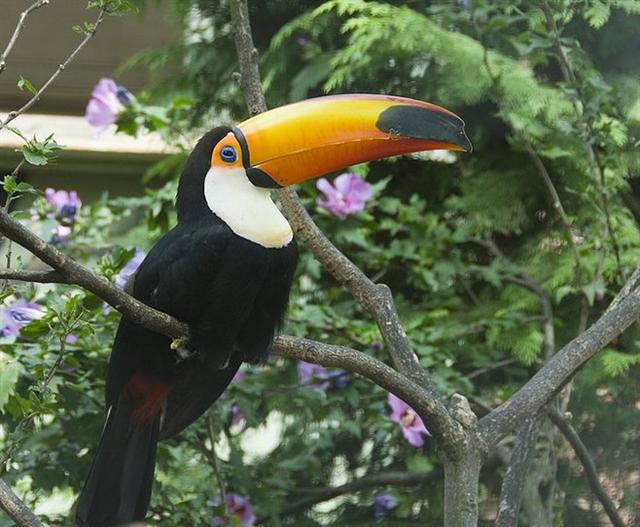
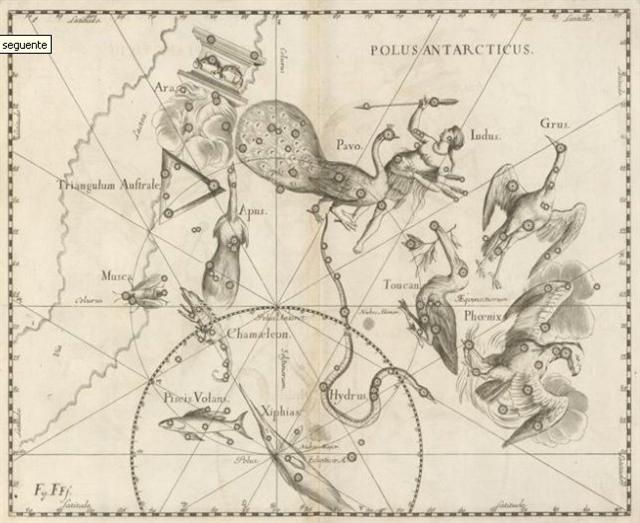 |
And the same kind of
rule of inversion seems to have been
used on the G tablet, we know:
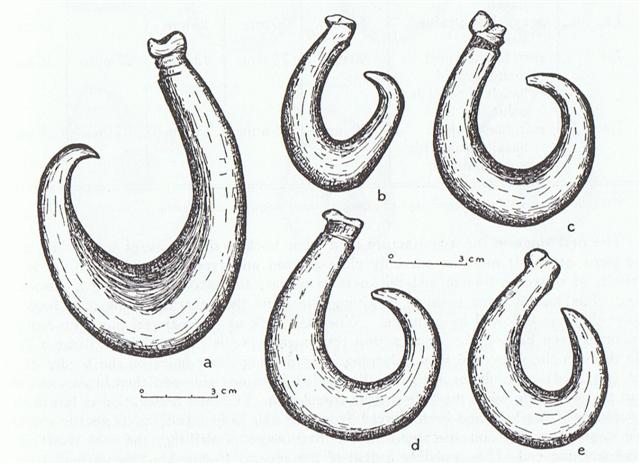
We can therefore expect this rule was in
common use, as for instance on the B
tablet:
... The hole in the tablet made it easy
to hang it on a post or wall, implying
side b should be the front side.
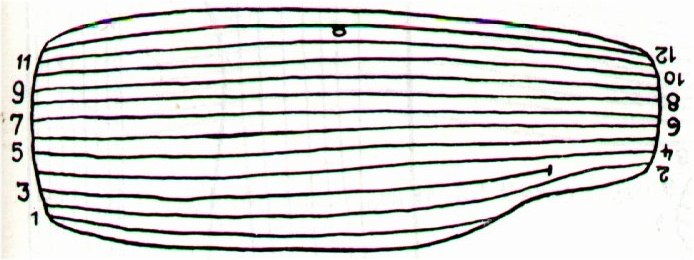
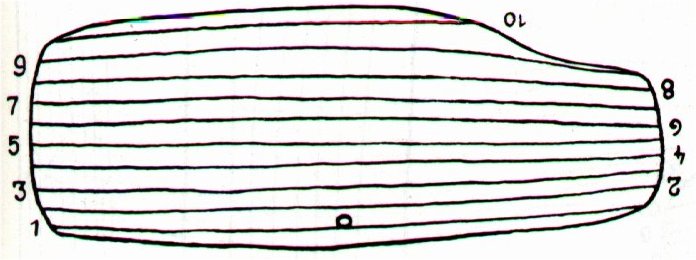
Maui fished up land and this was such a
great feat as to be comparable with raising
the sky roof high.
.jpg)

... This act of Maui's, that
gave our people the land on which we live,
was an event next in greatness to the
separation of the Sky and Earth ...
Which implies that already before Maui had
fished up land there had occurred a
separation of Mother Earth from Father
Sky.
...
Originally the highly
born family of the Sun, Moon, and stars
dwelt in a cave on the summit of
Maunga-nui, Great Mountain, in the
ancient homeland. They were not at all
comfortable in their gloomy home for they
could not see distinctly and their eyes
watered constantly. After the Sky-father had
been elevated to his present eminence
Tane decided that the celestial family
would be happier in the sky, where they
would serve the double purpose of
ornamenting the naked body of Rangi
and giving light to the Earth-mother. Since
Papa had already been turned with her
face toward the Underworld it is difficult
to see how she would benefit by the
illumination ...
... In South America the rainbow has a
double meaning. On the one hand, as
elsewhere, it announces the end of rain; on
the other hand, it is considered to be
responsible for diseases and various natural
dis[-]asters. In its first capacity the
rainbow effects a disjunction between the
sky and the earth which previously were
joined through the medium of rain. In the
second capacity it replaces the normal
beneficient conjunction by an abnormal,
maleficient one - the one it brings about
itself between sky and earth by taking the
place of water ...
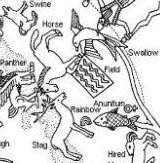
Therefore we can expect, in the G text, to
see the full cycle of Sirius
returning
from the Full Moon (nakshatra) view to the
place for raising the Sky Roof high above Mother Earth.
 |
205 |
 |
|
Ga2-11 (41) |
Gb1-18 (247 = 41
+ 183 + 23) |
|
ºJune 30 (181) -
heliacal Sirius |
182 |
'Dec 30 (364) -
nakshatra Sirius |
|
ºDec 30 (364 =
181 + 183) |
'June 30 (181 =
364 - 183) |
|
23 =
precessional
depth from the
time of Gregory
XIII down to
Roman times |
|
... Thus was dry
land fished up
by Maui, which
had lain beneath
the sea ever
since the great
rains that were
sent by the Sky
father and the
god of winds.
The Maori people
say that the
north island of
Aotearoa,
which certainly
is shaped much
like a fish, is
Te Ika a Maui;
and according to
some tribes the
south island is
the canoe from
which he caught
it. And his hook
is the cape at
Heretaunga
once known as
Te matau a Maui,
Maui's Fishhook
(Cape
Kidnappers). In
some of the
other islands
which lie across
the sea towards
Hawaiki,
the people say
that theirs is
the land that
Maui pulled up
from below
...
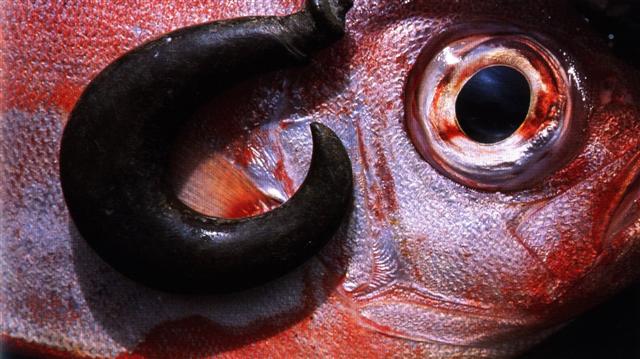 |
We should try to count ahead from
Gb1-18 (→ 118 = 472 / 4) to the Cupped Hand
(Caph) of
Cassiopeia offering her breast:
|
MARCH 26 (85) |
27 (*6) |
28 |
29 (88) |
 |
 |
 |
 |
|
Ga1-5 |
Ga1-6 |
Ga1-7 |
Ga1-8 |
|
May 29 |
30 (150) |
31 |
June 1 (152 = 115 + 37) |
|
... On
the twenty-fifth day of the
first month (Vaitu Nui),
Ira and Makoi
set sail; on the first day
of June ('Maro'), the
bow of Ira's canoe
appeared on the distant
horizon, came closer and
closer on its course, and
sailed along, and finally
(one) could see the (new
home) land ... [E:17
→ 152 - 5 * 27] |
 |
 |
 |
 |
| kava o
te ariki |
e
huarae - ma to rima - ki te
ragi |
e rere
ia mai - ki to huki |
ko to huki ka to ihe -
kua reva te ika |
|
Rae. First
(always follows the noun):
te tagata ra'e, the
first man; (the other
ordinal numerals, second,
third, etc., precede the
noun. Translator's note:
ra'e is likely the noun
which means forehead, face,
in other Polynesian
language, e.g. Tahitian
rae). Vanaga. 1.
Commencement, beginning, to
strike up, to essay, to
occasion, to proceed,
former, primitive,
precedent, predecessor,
first-fruits; rae ki te
mea hou, to innovate;
oho rae, to march at the
head; tagata rae,
advance guard, van; raega,
commencement, beginning,
occasion, first-fruits. 2.
To attack, to provoke;
kakai rae, toua rae,
to provoke. Churchill. |
|
Bb9-24 (350) |
Bb9-25 |
Bb9-26 |
Bb9-27 (353) |
|
Dec 16 (85 + 265) |
17 (351) |
18 |
19 (88 + 265) |
|
(250, Sept 5) |
(251, 6) |
(252, 7) |
(253, 8) |
|
JULY 5 (186) |
6 (251 - 64) |
GREDI (188) |
8 (253 - 64) |
|
OBSERVED CLOSE TO THE FULL
MOON: |
 |
 |
 |
 |
|
Ga4-23 |
Ga4-24 |
Ga4-25
(108 = 188 - 80) |
Ga4-26 |
|
KERB |
*354 = 251 - 80 + 183 |
*355 |
*356 |

... With
α
Andromedae [Sirrah → Navel]
and
γ
Pegasi [Kerb], as the
Three Guides, it [Caph →
Phoenician Kaph, Hand] marks
the equinoctial colure,
itself exceedingly close to
that great circle; and,
being located on the same
side of the pole as is
Polaris, it always affords
an approximate indication of
the latter's position with
respect to that point. This
same location, 32º from the
pole, and very near to the
prime meridian, has rendered
it useful for marking
sidereal time. When above
Polaris and nearest the
zenith the astronomical day
begins at 0 hours, 0
minutes, and 0 seconds; when
due west the sidereal time
is 6 hours; when south and
nearest the horizon, 12
hours, and when east, 18
hours; this celestial
clockhand then moving on the
heavenly dial contrary to
the motion of the hands of
our terrestrial clocks, and
at but one half the speed
...
...
τ,
4.5, with
υ,
was Al Sufi's Sa'd al
Na'amah, which Knobel
thinks should be Al
Na'āim, the Cross-bars
over a well; but they also
were known as Al Karab,
the Bucket-rope. The usual
titles for
τ
- Markab and Sagma
or Salma - are from
Bayer, but the last two
should be Salm, a
Leathern Bucket ... |
There were 12 days from Kerb to Caph
and Sirrah:
|
6 |
JULY 15 (196) |
16 |
17 (*118 = 4 * 29½) |
18
(199) |
 |
 |
 |
 |
|
Ga5-6 |
Ga5-7 |
Ga5-8 (118) |
Ga5-9 |
|
No star listed (180) |
π Virginis
(181.0), θ Crucis
(181.5) |
12h (182.6)
ο
Virginis (182.1),
η
Crucis (182.5) |
ALCHITA =
α
Corvi, MA WEI (Tail of
the Horse) =
δ
Centauri
(183.1),
MINKAR =
ε
Corvi
(183.7),
ρ
Centauri (183.9) |
|
Sept 17 (260) |
18
(*181) |
19 |
20 |
|
°Sept 13 |
14 (*177) |
15 |
16 |
|
'Aug 21 |
22 |
23 |
24 (236) |
|
"Aug 7 |
8 |
9 |
10 (222 = 185 + 37) |
|
 |
 |
 |
 |
 |
|
Oct 27 (300)
|
TERMINALIA |
ihe tau |
ika |
June 1 (152) |
|
152 (June 1) -
37 = 115 (April
25) = 300 (Oct
27) - 185
185 + 37 = 222 |
... On
the twenty-fifth day of the
first month (Vaitu Nui),
Ira and Makoi
set sail; on the first day
of June ('Maro'), the
bow of Ira's canoe
appeared on the distant
horizon, came closer and
closer on its course, and
sailed along, and finally
(one) could see the (new
home) land ...
[E:17 → 152 - 5 * 27] |
|
OBSERVED CLOSE TO THE FULL
MOON: |
|
JAN 14 |
15 (380) |
16 (*301) |
17 |
|
η Tucanae (363.0), ψ Pegasi (363.1),
32 Piscium
(363.2),
π Phoenicis (363.4),
ε
Tucanae (363.6), τ
Phoenicis (363.9)
*322.0 = *363.4 - *41.4 |
θ Oct. (364.4)
*323.0 = *364.4 - *41.4 |
Al Fargh al Thāni-25
(Rear Spout)

0h (365.25)
CAPH (Hand) =
β
Cassiopeiae, SIRRAH
(Navel of the Horse) =
α
Andromedae
(0.5),
ε
Phoenicis,
γ³
Oct.
(0.8) |
Uttara Bhādrapadā-27
(2nd of the Blessed
Feet) /
Wall-14 (Porcupine)
ο Oct. (1.3),
ALGENIB PEGASI = γ
Pegasi
(1.8) |
|
March 19 (78) |
20 |
EQUINOX |
22 (*366) |
|
°March 15 |
16 (*360) |
17 |
18 (77) |
|
'Febr 20 (*336) |
21 |
22 (53) |
TERMINALIA |
|
"Febr 6 |
7 (403) |
8 (*324) |
9 (40) |
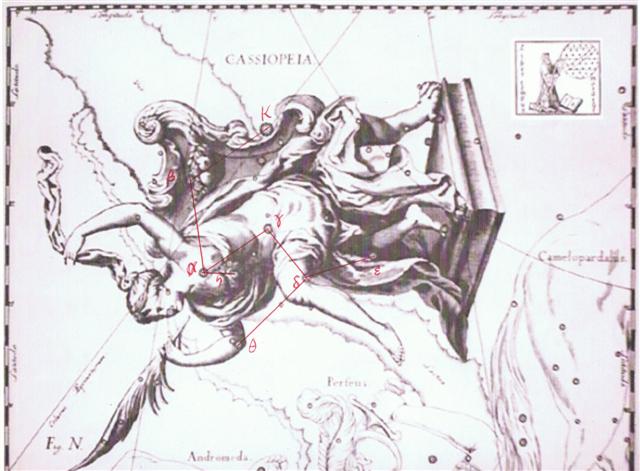 |
|
Egyptian hand |
 |
Phoenician kaph |
 |
Greek
kappa |
Κ
(κ) |
|
Kaph is thought
to have been derived
from a pictogram of
a hand (in both
modern Arabic and
modern Hebrew,
kaph means
palm/grip) ...
... The manik,
with the tzab,
or serpent's rattles
as prefix, runs
across Madrid tz. 22
, the figures in the
pictures all holding
the rattle; it runs
across the hunting
scenes of Madrid tz.
61, 62, and finally
appears in all four
clauses of tz. 175,
the so-called
'baptism' tzolkin.
It seems impossible,
with all this, to
avoid assigning the
value of grasping or
receiving. But in
the final
confirmation, we
have the direct
evidence of the
signs for East and
West. For the East
we have the glyph
Ahau-Kin, the
Lord Sun, the Lord
of Day; for the West
we have Manik-Kin,
exactly
corresponding to the
term Chikin,
the biting or eating
of the Sun, seizing
it in the mouth.

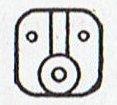

The
pictures (from
Gates) show east,
north, west, and
south; respectively
(the lower two
glyphs) 'Lord' (Ahau)
and 'grasp' (Manik).
Manik was the
7th day sign of the
20 and Ahau
the last ... |
.jpg)
|







.jpg)















.jpg)